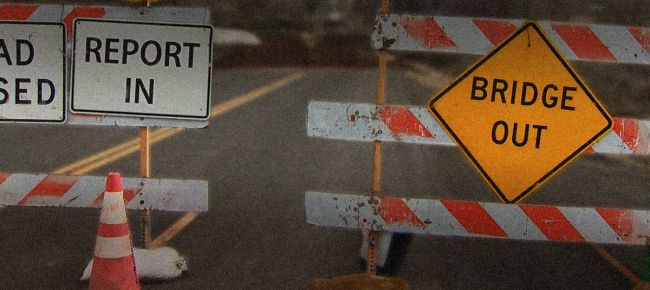The Liberian Government's school privatisation program exposed
The confidential draft summary, released in a Liberian publication, also found that the first year of the Partnership Schools for Liberia (PSL) “was not as cost-effective as other programs in developing countries evaluated”. The long-term cost of the programme “remains high compared to programs yielding comparable effects elsewhere”, including Ghana and Kenya.
“Outsourcing our most sacred duty to unaccountable for-profit education companies like Bridge has been exposed as a very costly private experiment” said Fred van Leeuwen, General secretary, Education International (EI).
In January 2016, in a controversial move, the Government of Liberia announced its intention to outsource its primary and pre-primary education system to a US-based for-profit corporate actor, Bridge International Academies (BIA). Following considerable opposition to this unprecedented move the Government conceived the PSL program, where eight actors would operate 93 schools in the first year.
Despite claiming that PSL would be subject to a rigorous evaluation through a Randomized Control Trial (RCT), six months into the trial, the Ministry of Education, under the leadership of Education Minister George Werner, decided to increase the number of schools to 202 in the project’s second year.
“The negative findings of this report may explain the minister's rush to expand the privatisation program, by more than doubling it, six months into the 'trial' and prior to the release of the report contrary to assurances that he would not do so” said Mary Mulbah, President of the National Teachers Association of Liberia (NTAL).
The report shows that any improvements in student outcomes were achieved on the back of increased funding ranging between 100 to 2,000 percent more than public schools, including 37 percent more teachers.
“What is most disturbing is that in many instances the improved student outcomes were achieved by pushing out students from schools on the “trial” denying children access to their local schools. In some cases this has resulted in children being left out of school” added Mulbah.
Bridge International Academies, the government's preferred private operator, is the subject of particular criticism in the report.
As one of eight actors participating in the pilot program, Bridge International Academies was desperate to show that its model for school management is the future of education. Unfortunately for Bridge, the facts and figures are in and it doesn’t look good for the company bankrolled by the likes of Pearson, the World Bank, DfID, Bill Gates and Facebook’s Mark Zuckerberg.
The report, detailing the progress of the PSL, pulls few punches when taking a closer look at Bridge’s financial operations, behaviour and lack of sustainability.
Under the PSL, the Liberian Government matches its investment per pupil, which is currently $50 USD, and hands it over to the private contractor to independently manage its public schools to see if this model presents a sustainable method to improving its education system. However, when it comes to Bridge the numbers just don’t add up.
According to the report, Bridge has spent an average of $1,052 USD per pupil, shattering any possibility that its own financial model is sustainable. With its billionaire funders footing the bill, Bridge has gone to any length to try and convince the public that it has the answer to quality education. Yet, compared to other providers, student gains at Bridge managed schools were not as cost effective.
Bridge also saw a decrease in enrolments. When it came to ensuring education for all students, Bridge found a way to skirt the rules. Not having to abide by the same contractual obligations as the other pilot participants, Bridge quickly moved to cap class sizes in its schools, pushing out thousands of students. In addition to pushing out students, Bridge also purged 74 percent of existing teachers from classrooms.
This behaviour, all under the supervision of Education Minister Werner, reveals the desperate unethical measures that Bridge is prepared to undertake in order to sell its failed ideology to unsuspecting students, parents and business partners.
The government report vindicates the demand of National Teachers’ Association of Liberia (NTAL) and civil society organisations that the government immediately abandon the PSL program.
The study has shown that Liberia must look within to improve its education system rather than selling it off to highest bidder who does not have free, quality public education at its core. If sustainability and a quality education system that serves all children is the goal, then Minister Werner and Bridge have failed its most important test.

[Thu, 07 Sep 2017 11:10:00 +0000] | DIGG THIS
Education International · No. 3 Torshie Close, · Mempeasem · East Legon Extension · Accra · Ghana
Phone: +233.302.50.12.00 · Fax: +233.302.50.66.81 · Email: eirafoffice@ei-ie.org
